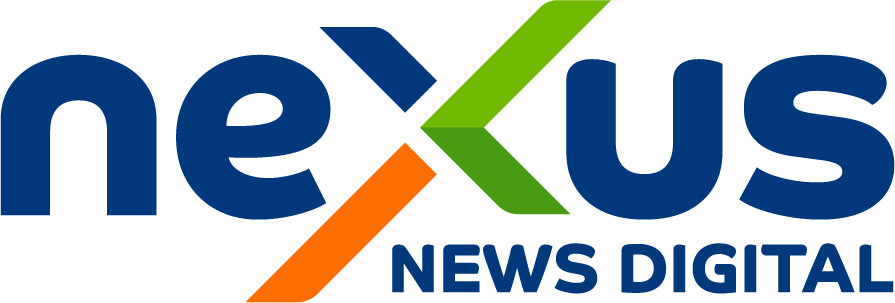The Growing Importance of the Internet of Things
The Internet of Things, or IoT, is a network of connected devices and objects that communicate with each other and with their users. It is a rapidly expanding field that is transforming the way we live, work, and interact with the world around us. According to a recent report by Gartner, there will be over 20 billion IoT devices in use by 2020. This massive growth is driven by the many benefits of IoT, including enhanced connectivity, increased efficiency, and improved decision-making. In this article, we will explore why the Internet of Things is the future of connectivity and why you need to get on board now.
Benefits of IoT
The Internet of Things is transforming the way we interact with the world around us. Some major benefits of IoT are:
Enhanced Connectivity
The Internet of Things enables devices to interact with each other, without requiring human intervention. This means that devices can share data and collaborate, leading to enhanced connectivity and a more seamless user experience. For example, smart homes use IoT to connect home appliances, lighting, entertainment systems, and security devices, allowing them to be controlled and monitored remotely via a mobile device. This enhanced connectivity makes life more convenient and efficient.
Increased Efficiency
IoT is also driving increased efficiency in various industries, from manufacturing to healthcare. With IoT, devices can communicate with each other, share data, and automate processes, leading to reduced costs and increased productivity. For example, IoT-enabled devices in a factory can communicate with each other to optimize workflows, reduce downtime, and improve product quality.
Improved Decision-Making
IoT also provides organizations with real-time data that they can use to improve decision-making. Sensors in buildings can provide data on occupancy, lighting, and temperature, allowing building managers to optimize energy usage and reduce costs. Similarly, IoT-enabled product tracking can provide data on product performance, allowing manufacturers to improve product design and reduce defects.
IoT in Practice
IoT is already being used in a variety of industries, from healthcare to transportation. Here are some examples of IoT in practice:
Healthcare
IoT is transforming healthcare by allowing doctors and patients to monitor health metrics in real-time. Wearable devices, such as fitness trackers and smartwatches, can track exercise, heart rate, and sleep patterns, providing users with valuable data on their health. IoT-enabled medical devices, such as insulin pumps and pacemakers, can communicate with healthcare providers to provide real-time data and improve patient outcomes.
Transportation
IoT is also transforming transportation by making it more efficient and sustainable. Smart cities use IoT to optimize traffic flow, reduce congestion, and improve air quality. IoT-enabled cars can communicate with each other to improve safety and reduce accidents, and can also provide drivers with real-time data on fuel efficiency and maintenance needs.
Retail
IoT is transforming retail by providing a more personalized and convenient shopping experience. IoT-enabled devices can interact with customers to offer personalized recommendations, provide real-time product information, and allow for seamless checkout and returns. IoT can also improve inventory management, reducing waste and ensuring that products are in stock when customers need them.
Getting on Board with IoT
As the Internet of Things continues to grow, it is important for individuals and organizations to get on board. Here are some tips for getting started with IoT:
Identify Your Needs
The first step in getting on board with IoT is to identify your needs. What problems are you trying to solve? What data do you need to collect? What devices do you need to connect? Once you have a clear understanding of your needs, you can begin to evaluate IoT solutions that meet those needs.
Evaluate Solutions
There are many IoT solutions available, from off-the-shelf products to custom solutions. When evaluating IoT solutions, consider factors such as cost, ease of use, compatibility with existing infrastructure, and security. Be sure to choose a solution that meets your needs and is compatible with your existing infrastructure.
Invest in Security
Security is a critical consideration when implementing IoT solutions. IoT devices can be vulnerable to attacks, and a breach can have serious consequences. When implementing an IoT solution, be sure to invest in security measures such as encryption, access controls, and intrusion detection.
Partner with Experts
Implementing IoT solutions can be complex and require expertise in areas such as networking, data analytics, and security. Consider partnering with experts in these areas who can help you implement your IoT solution and ensure its success.
Be Prepared for Change
Implementing IoT solutions can require significant changes in processes, infrastructure, and culture. Be prepared for these changes and ensure that your organization is ready to embrace them. Provide training and support to employees to ensure that they are comfortable with the new technology and understand how it can benefit them.
Conclusion
The Internet of Things is transforming the way we live, work, and interact with the world around us. With its many benefits, including enhanced connectivity, increased efficiency, and improved decision-making, IoT is the future of connectivity. Getting on board with IoT is essential for individuals and organizations that want to stay competitive and improve their operations. By identifying their needs, evaluating solutions, investing in security, partnering with experts, and being prepared for change, individuals and organizations can harness the power of IoT to transform the way they work and live.
- Unlock the Power of Empathy: The Key to Understanding the Other Person - 28 de abril de 2023
- Exploring the world: Why traveling is the best investment you can make - 28 de abril de 2023
- Xenophobia: A poison that destroys harmony and progress in our society – Why we must take action now! - 28 de abril de 2023



